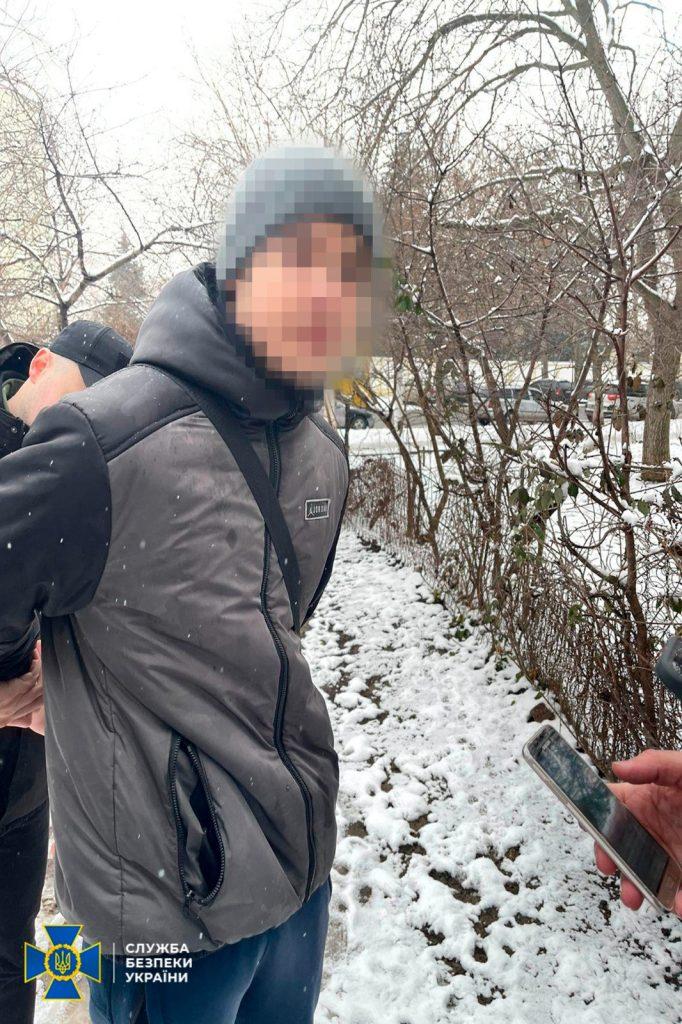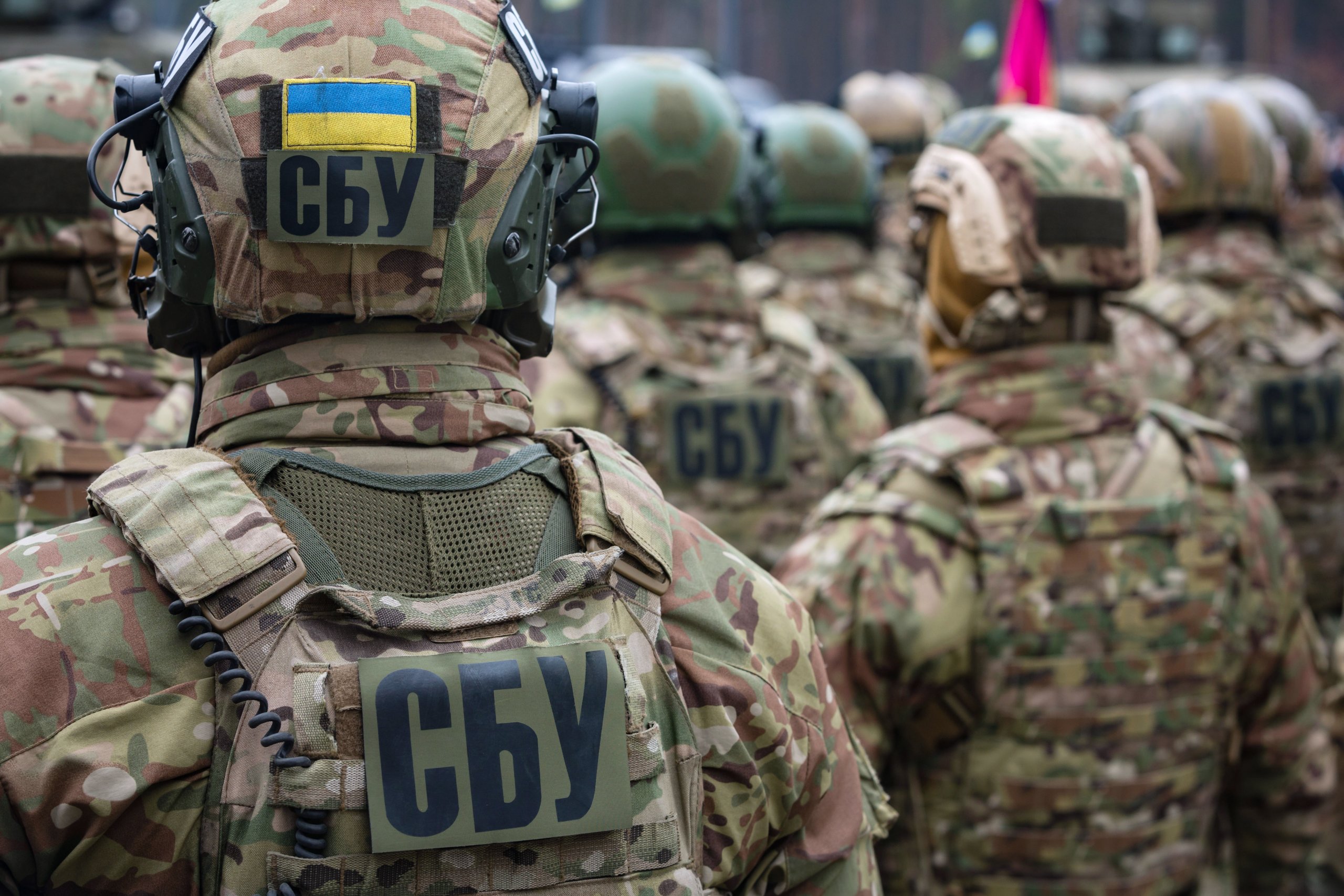Cyber ​​specialists of the SSU exposed two more FSB agents in the course of large-scale counter-subversive measures in the front-line areas of southern Ukraine.
At the direction of the enemy, they collected intelligence on the basing and movement of units of the Armed Forces in the Tavria direction.
In addition, critical infrastructure locations in Odessa and Kherson were handed over to the occupiers.
First, the aggressor was interested in the coordinates of local facilities of Ukrzaliznytsia and energy-generating enterprises.
If the intelligence was received, the occupiers planned to use it to prepare and carry out a series of targeted missile strikes on Ukrainian cities.

However, the SSU worked ahead of time - timely exposed, established the location, and detained both intruders while trying to pass intelligence to the invaders.
One of the Russian agents was detained near the central railway station in Kherson, and the other in Odessa after covertly taking photos of one of the military facilities.
The accomplices of the aggressor turned out to be two residents who were recruited by the Russian special service after the start of the full-scale invasion. Both criminals were in constant intelligence contact with a staff member of the FSB administration in the Rostov region with the pseudonym "Buba Kastorsky".
From him, Russian agents received tasks to carry out reconnaissance and subversive activities in the southern region of Ukraine. A specially created anonymous Telegram channel was used for communication.
During searches, smartphones with evidence of conspiratorial correspondence with an FSB representative were found in the detainees' possession.
Perpetrators face up to 15 years in prison or life imprisonment with confiscation of property.





















